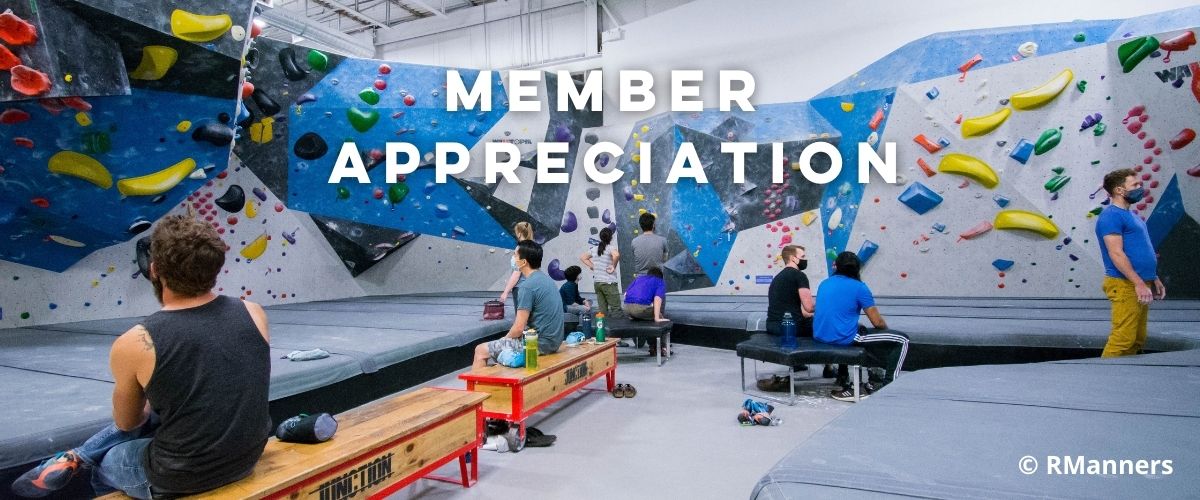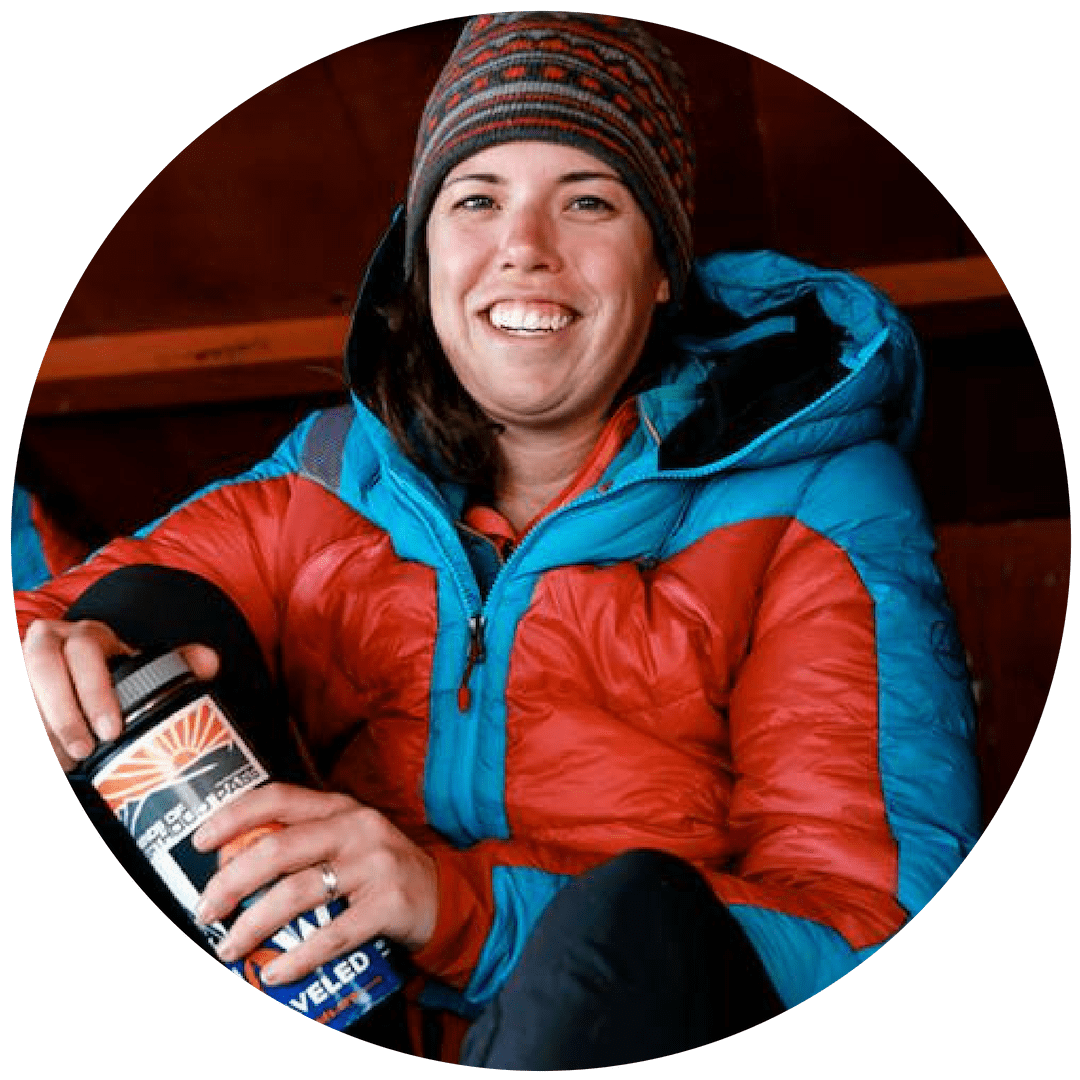Member Appreciation in the Time of COVID

Member appreciation looks very different these days. Indoor in-person gatherings—particularly those with communal food or beverages—are on hold nationwide. This rules out classic bouldering-comp-plus-beer events, as well as many others.
This is tough, because climbing facilities everywhere are more grateful for their members, many of whom have chosen not to freeze or cancel their memberships despite prolonged closures, than ever.
That’s certainly the case for Brad Werntz, president of Boulders Climbing Gym, which has two Madison, WI locations. In a time when it’s hard to show member appreciation in traditional, in-person ways, Werntz and his team are working hard to show up for their community. We caught up with him to learn more about how Boulders has approached member appreciation lately.
The COVID Closure
Boulders’ two facilities reopened in mid-June after around three months of closure. They were legally allowed to open a bit sooner, but decided to do some timely upgrades before reopening, plus an extra deep clean.
Through it all, Werntz and his team have chosen to put their members’ health and safety first, even when it meant the facilities would bring in less revenue. After reopening, he explains, “we chose to operate at 15% capacity per hour, even though we could have legally gone up to 50%. That would have been 90 people.” This would have felt too crowded with the mood in June, so Boulders capped climbers at 25 per hour.
Clear Communication
In addition to following local and national guidelines, Werntz and his team rely on members to tell them what they want—and then they make those rules ultra-clear. “We get some complaints because we’re at capacity from 5:00 to close,” he says by way of example. “I keep saying, ‘I can raise the capacity to 30 people an hour instead of 25,’ but people want to keep it low.”
Since that’s the member feedback they’ve gotten, Boulders makes an announcement each time its hour-long reservation slots are coming to an end, letting folks know it’s time to wrap up their sessions. People have seemed to appreciate that clarity and follow-through, Werntz says.
Boulders also makes a point of letting members know what they’re doing to keep everyone safe. In addition to being stringent about their masking policy, they’ve changed up their routesetting significantly, setting fewer routes and changing them more frequently. Not only does this allow Boulders to retain its entire setting staff, the change also means holds get cleaned more often. Now there’s something new every time members come in—a benefit they really appreciate now that they’re having to make appointments for their sessions.
Anticipating (and listening to) Member Needs
As the city of Madison embarked on virtual learning along with much of the country, Boulders has tried to anticipate the needs of its younger clientele. Its “Boulders Academy,” for fifth-graders and older, offers a structured environment where kids can do virtual learning, six feet apart.
“Parents have told us [kids are] getting more school work done, because there are less distractions,” Werntz says. Interested in starting a similar program? Werntz offers a tip: They chose the lower age limit based on the threshold for daycare licensing in Madison. (Check your local regulations for information about age limits for daycare providers.)
Boulders has also offered some of the same virtual events as many of its peers, including online yoga during the early days and its wildly popular virtual speaker series, which featured the likes of Hans Florine, Kai Lightner, John Long, Brendan Leonard, and Kitty Calhoun. Wertnz picked speakers he thought would appeal to diverse audiences, and at the most popular event (with Kevin Jorgeson), around 1,400 people tuned in.
The success, Werntz speculates, was not just because of the speakers, although that’s certainly part of it. The Boulders team also arranged discount codes with local restaurants so members could all order the same takeout and cocktails, and partial proceeds from events went toward charities chosen by each speaker. This added to the feeling that everyone was together, even when they couldn’t be.
For Werntz, that’s what it’s all about. He estimates that three-quarters of Boulders’ members continued to pay their dues during the closure period—an indication of the strong community this Madison gym has helped build.
About the Author
 Emma Walker is a freelance writer, editor, and an account manager with Golden, Colorado-based Bonfire Collective. Emma earned her M.S. in Outdoor and Environmental Education from Alaska Pacific University and has worked as an educator and guide at gyms, crags, and peaks around the American West.
Emma Walker is a freelance writer, editor, and an account manager with Golden, Colorado-based Bonfire Collective. Emma earned her M.S. in Outdoor and Environmental Education from Alaska Pacific University and has worked as an educator and guide at gyms, crags, and peaks around the American West.
